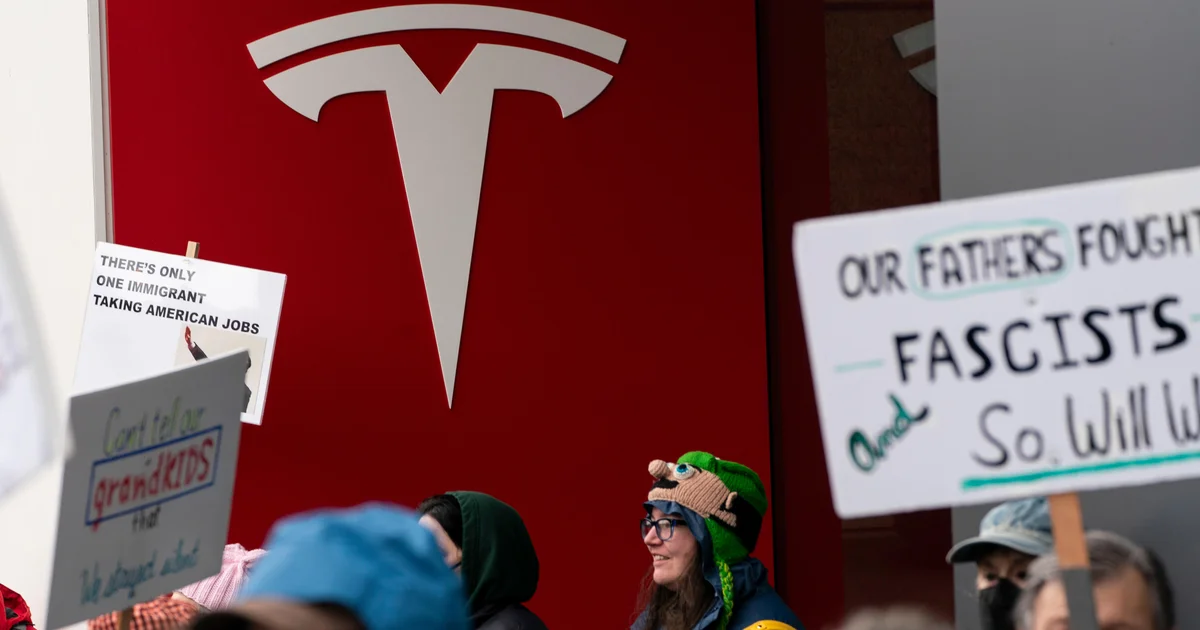
Tesla dealerships targeted as Elon Musk decries "evil attacks"
- 19.03.2025 12:30
- cbsnews.com
- Keywords: Tesla, Musk
Tesla is facing increased attacks linked to Elon Musk's alignment with the Trump administration, including vandalism at dealerships and vehicles. Musk attributes these incidents to organized efforts by left-wing groups, while critics argue they stem from political opposition. The attacks have raised concerns about Tesla's reputation and sales, highlighting tensions between business and politics.